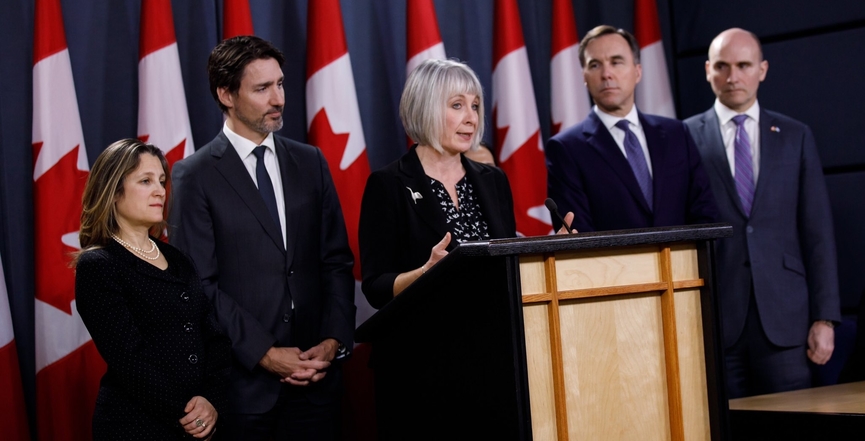The novel coronavirus acts by its own lights. Beyond that, much depends on how we react to it. I am the master of my fate, I am the captain of my soul. Within limits. We had some experience of that during SARS.
Everyone knowledgeable in this area worries about panic, in realms reaching past the medical. Epidemics come and go (and often return, usually in mitigated form, as vaccines are found or resistance rises to the challenge.) But non-medical effects can be (literally) as deadly. They arise by way of racism, violence and particularly here, the economy. It would be truly hideous if COVID-19 bequeathed more economically related deaths than medical ones.
But we don’t command our personal ships of state in a vacuum; we depend on what we know, and who tells us. That’s why the public voices and faces that speak to us in crises matter too. Here the human factor can loom scarily large.
So it’s worth recalling that these voices might reveal inconsistencies or their own quirks and personalities. You might too, if you spent your days, and probably nights, swimming in devastating figures or projections, while knowing you’re depended on by your fellow creatures. For instance:
- Andre Picard, the superb health journalist, has been a rock. Clear, calm, calming. Then Wednesday in the Globe, he wrote: “it’s time to shut it down … closing down schools (from daycares through universities) temporarily … pulling the plug on mass gatherings.” It sounded starker, more unconditional than he’d been, even with qualifiers. Did he mean everything, everywhere, at once?
By Thursday, on CBC radio, where you heard his actual voice, he seemed less commandingly prescriptive. Maybe Ontario and B.C. should go first …
- Patty Hajdu, minister of health. I’ve found her a splendid voice, just the type who should be in cabinet: had a real life before politics, focused on good for others. Smart, never smarmy. Then Wednesday she said assuredly that 30 to 70 per cent of us would get the virus. Huh? Eleven to 26 million Canadians? By the bandied-about mortality rates of 1 to 2 per cent, that would mean 110,000 to 520,000 deaths. Yet the general level risk remains “low?” Even Picard had worried about only “5,000 extra infections” on the CBC. Anyone like to clarify? Did I alone keep waking and running these numbers? Aside from that stat, she seems the same level voice.
- Chrystia Freeland heads the Liberal team. The plodding, deliberate avoidance style she used doing interviews on NAFTA talks doesn’t work as well here. Then it implied big stuff was happening but shh, let’s not wreck it by spilling too much. Here long pauses and “I don’t really have a crystal ball, Matt,” sound evasive. You’re talking to worried families, not Trump’s negotiators.
Like other spokespeople — Bonnie Henry (B.C.), Deena Hinshaw (Alberta), Penny Sutcliffe (Sudbury) — we see less of, these are individuals one can basically like/admire, with the standard quibbles. I cite them largely to say we’re in this together with them and need to attend carefully to their words while allowing room for some slack, revision and interpretation.
By contrast, there’s Trump, and I don’t mean just his ignorant, self-serving babble. The briefings of his supersquad, led by VP Pence, are plainly not meant for the population but almost solely for Trump himself. They all must repeat what a brick he’s been, how he alone is saving the universe. Everyone in the U.S. knows that’s what’s going on yet many indulge him. They truly are unique.
What you want from these spokespeople is what you look for in a certain kind of friend at boundary moments: the ability to gaze unflinchingly at possibilities while not lapsing into debilitating pity or self-pity. Some friends are good at that; others, just as loyal, aren’t. I’d say we’re relatively well off.
Two superb spokespeople during SARS were public health official Sheela Basrur and microbiologist Donald Low. Since then both died tragic, untimely deaths. Both left legacies: Basrur insisted on living to the end with all the joy she could find; Low left a video legacy pleading the cause of assisted suicide.
Why do I mention that? Because this too is, among other things, about death, and how we face its near or distant, in us or others, prospect.
Rick Salutin writes about current affairs and politics. This column was first published in the Toronto Star.
Image: Patty Hajdu/Twitter




